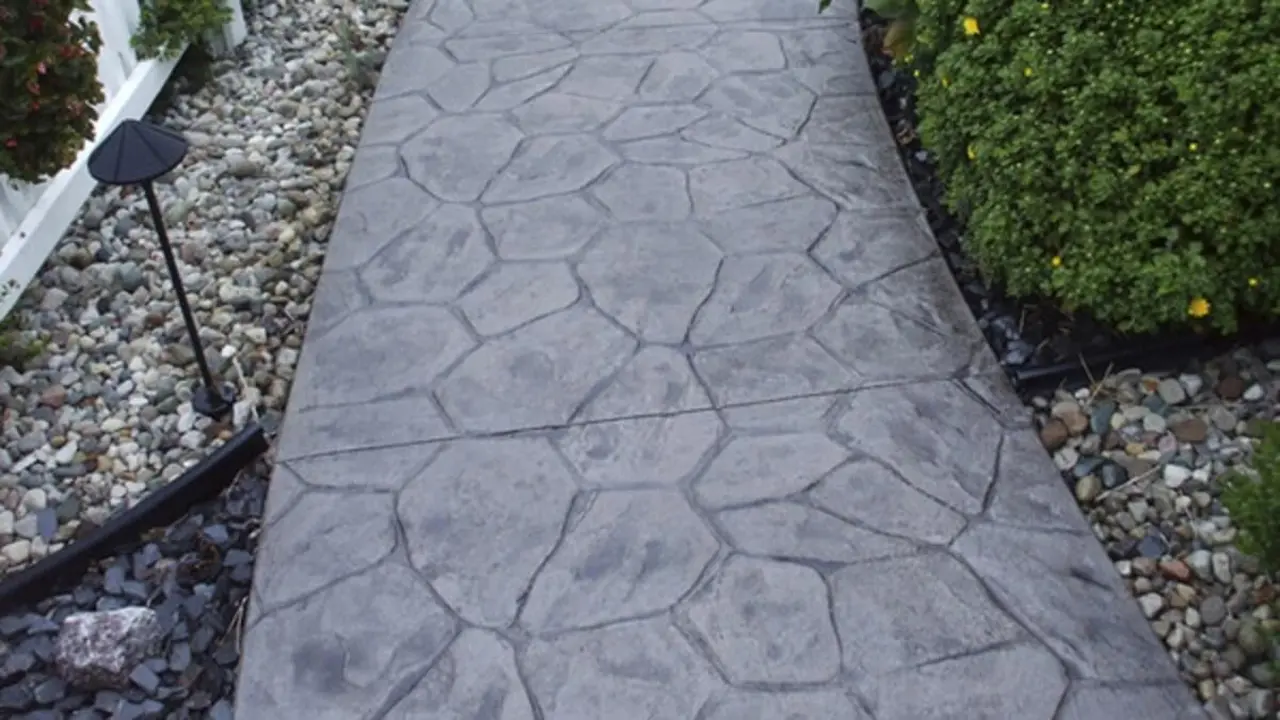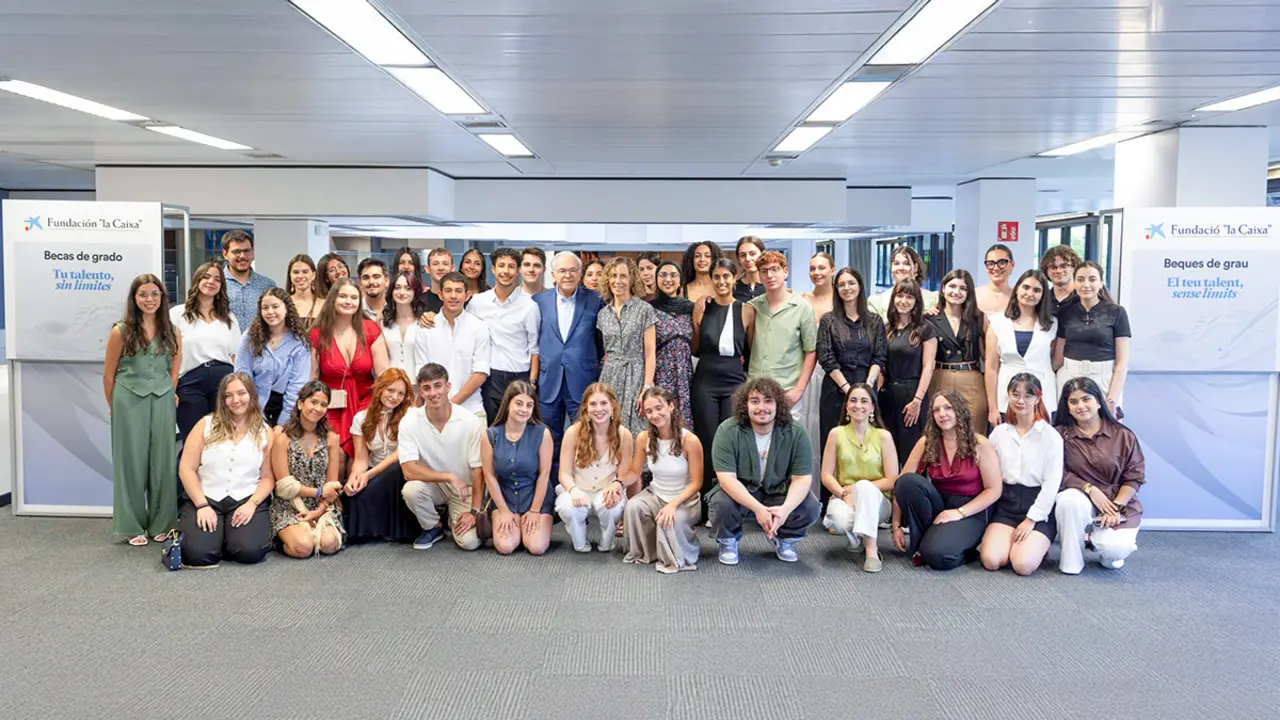Antibody cocktail generates natural COVID-19 immunity for several months

A team from Tel Aviv University (Israel) has developed a cocktail of antibodies against the coronavirus that can give natural immunity for several months. Head of the research team, Natalia Freund, explains that these are six antibodies that bind to different areas of the virus: "It’s not a single mechanism, but rather several complementary mechanisms of action. The antibodies identify various weak spots on the virus, bind these spots, and neutralize the virus."
The aim is for the cocktail to be used in the future to treat patients with COVID-19, like the experimental cocktail given to US President Donald Trump, or as a preventive measure for the at-risk population and healthcare workers until a vaccine is available.
The research began in April. Experts isolated and characterized six antibodies derived from the blood of two severely ill coronavirus patients, then demonstrated that combinations of three antibodies at a time act as an effective cocktail against COVID-19.
The study was carried out in cell cultures, but not yet on humans. "It was developed naturally by the patients’ immune systems, which means that it is probably safe for use. Since these antibodies are stable in the blood, a preventive injection can provide protection for several weeks, and possibly even several months," says Natalia Freund.
On the other hand, the work has shed light on the probability of recurrent infection of the virus. “One question we asked was whether there was any difference between mild and severe cases about both the quality and quantity of the anti-viral antibodies produced by the immune system,” explains Freund.
To find the answer, Dr. Freund and her team conducted genetic sequencing of thousands of antibodies derived from the participants’ blood, then cloned them in the lab and tested their effectiveness in neutralizing the virus. They found a significant statistical difference between the two groups of patients in the ability of their antibodies to neutralize COVID-19: Only a small portion of the mildly ill participants developed neutralizing antibodies, and some developed no antibodies whatsoever.
“We can assume that people who were infected but remained asymptomatic or developed very mild symptoms may possibly contract the disease a second time. The blood of all severely ill patients, on the other hand, contained neutralizing antibodies that will probably protect them from reinfection. However, it is not yet clear how long these antibodies remain in the blood and provide long-term protection,” the researcher concluded.








